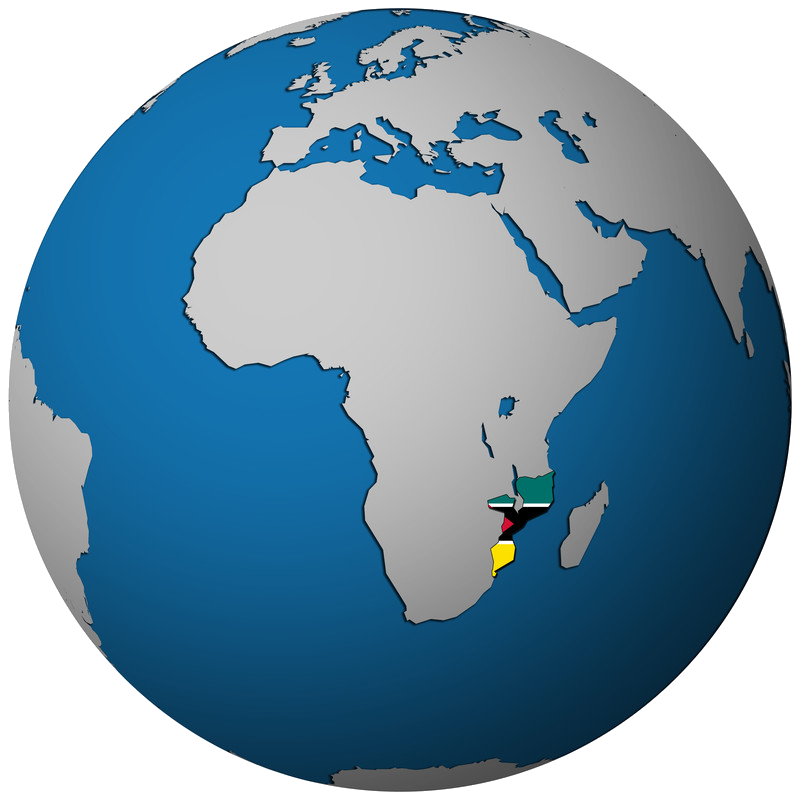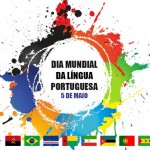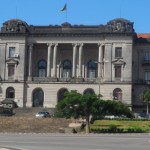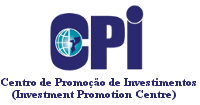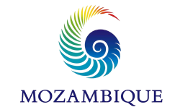Travel tips
International Airlines
Access from Europe and North America can be via Johannesburg, Nairobi and Lisbon. From Johannesburg connecting flights to Maputo are operated by South African Airways and LAM while other operators serve Inhambane and Vilanculos. Regional flights to Mozambique are also available from Durban and Mpumalanga in South Africa; Dar es Salaam in Tanzania; and Harare in Zimbabwe. LAM’s domestic service connects Maputo with the country’s major cities and tourism destinations. There are rail connections with Malawi, South Africa, Swaziland and Zimbabwe. LAM-Linhas Aereas de Mocambique is the National air carrier. http://www.lam.co.mz/
International Airports
A well laid out airport system makes domestic air travel within Mozambique quick and safe. The international Airports of Maputo and Beira are the only ones open to international air traffic. Mavalane International (MPM), five miles (8 km ) north of Maputo. Beira (BEW), eight miles (13km) from the city, Inhambane, Nampula, Pemba and Vilanculos
Passports & Visas
Any visitor wishing to visit the country must obtain a visa. All visitors must have passports (minimum validity six months) and visas, obtainable from embassies, high commissions and consulates
Border Control Posts
The existing posts are to found at Ressano Garcia (06h00-19h00), Namaacha (07h00-20h00), Ponta d’Ouro (07h00-17h30), Machipanda(06h00-18h00),Chuchamano(06h00-18h00),Zobwe(06h00-18h00), Milange(06h00-18h00) e Mandimba (06h00-18h00).It is recommended that visitors arrive well before the stipulated closing times.
Customs
Upon arrival visitors must declare those articles subjected to customs duties. Personal items are not subject to tax. Custom free allowance is 400 cigarettes or 250 gr of tobacco, 1 litre of spirits , 2.25 l. of wine and 50ml of perfume. The total cost must not exceed 200 USD. Any person under the age of 18 is not allowed to carry alcohol or tobacco. Narcotics and pornographic material are prohibited. Transport of arms must have special licence. Any transactions with Customs should include the corresponding receipt.
Identification
It is obligatory to carry identification at all times. An authenticated photocopy of the same is allowed.
Health & Immunisations
A course of anti-malaria tablets is strongly advised. Vaccinations against hepatitis A, polio tetanus and typhoid are also recommended. A yellow fever certificate is required for those arriving from infected areas
Language
The official language is Portuguese. In general the local people understand and speak some English. Outside the urban areas, each region has its own dialect.
Currency
Mozambique’s local currency is the Metical, divided into 100 centavos, however US$ and SA Rand are widely accepted. It is advisable to carry cash or travellers cheques as credit cards are not widely accepted and obtaining a cash advance on a credit card in a bank can be costly and time consuming.
Local Time
GMT +2 hours
Post Office
The main urban centres provide the necessary postal services. Express mail, such as DHL and EMS are also available.
Telephones
Direct connections are available to south Africa and Swaziland. International connections are also direct. There are two mobile operators 082 and 084.
Car Hire
In Mozambique driving is on the left. All drivers must carry the following documents: Identification, driver’s license, car registration, insurance and when applicable a temporary import licence for towing caravans, boats, etc.
Shopping & Souvenirs
There are good bargains available in Mozambique’s market and roadside stalls. Brightly coloured landscapes by Mozambican painters are becoming collectors’ items. Woven baskets, bags and hats as well as beautiful, locally produced printed cloths are also worth looking out for-as is silver jewellery made by craftsmen on the islands of Mozambique and Ibo. There are lots of shops in Maputo selling locally made arts and crafts including wooden sculptures, pottery, decorated plates and ceramics.
Public Holidays
January 1 (New Year’s Day), February 3 (Heroes’ Day), April 7 (Women’s’ Day), May 1 (Workers’ Day) June 25 (Independence Day), September 7 (Lusaka Agreement Day) September 25 (Armed Forces Day) October 4 (Peace Day) December 25 (Family Day).
Electricity
Local voltage is 220/240 V 50 Hz.
Water
Although local water is reasonably safe, visitors are advised to drink the good quality bottled water.
What to Take
Don’t forget to take the camera, camcorder and binoculars. Stock up with plenty of film and batteries. If you’re visiting a game reserve, take a torch for finding your way around the camp at night. Also bring some insect repellent for spraying on exposed areas of skin at dusk. Sunglasses, suntan lotions and possibly lip-balm should also be packed. If you do forget something, most accessories can be bought in major centres.
Travel Light
Some safari/air charter companies limit baggage to a 10 kilo maximum.
What to Wear
For most of the year light clothing is a must. However, during the winter (June-August), it can get chilly in the evenings so pack a sweater or jacket.In restaurants’ smart casual’ is the norm: short sleeved shirts and slacks for men, blouses and skirts or informal dresses for women-but not shorts and vests. Topless sunbathing is frowned upon. When visiting game reserves neutral colours are preferred because bright hues may unsettle the animals Shorts and safari shirts in brown, beige, dark green or khaki are best. Wear sensible walking shoes and take a hat for protection from the sun. In the evening it is a good idea to wear long sleeved shirts and possible is exposed to mosquitoes.

